No Widget Added
Please add some widget in Offcanvs Sidebar
Please add some widget in Offcanvs Sidebar
We help vulnerable and homeless children get access to high quality education. Our programs aim to break the cycle of poverty, improve gender equality and empower future generations.
Just for Humanity is a New York-based NGO dedicated to transforming the lives of under-served children through education and empowerment. Our innovative ‘Quality Improvement’ program is a grassroots-focused initiative aimed at enhancing the educational experiences of children around the world who are not currently receiving high-quality education.
By partnering with Just for Humanity’s Quality Improvement program, you have the unique opportunity to contribute to tangible on-the-ground projects that will uplift standards, and provide a more well-rounded education, to the under-served children we support. Each project that we have selected is designed to be impactful, sustainable, cost effective and easy to deliver.
For supporters that partner with us – by providing funds, company products or expertise – we can offer naming rights for the projects that you help us deliver, thereby ensuring a lasting legacy of your commitment. We can also acknowledge and celebrate your support in our newsletters and across our social media platforms, and we will extend an open and welcoming invitation for you, your colleagues and friends to volunteer alongside us in the communities we serve.
Our current projects – all of which will deliver better education outcomes for the under-served children we support – are highlighted here:
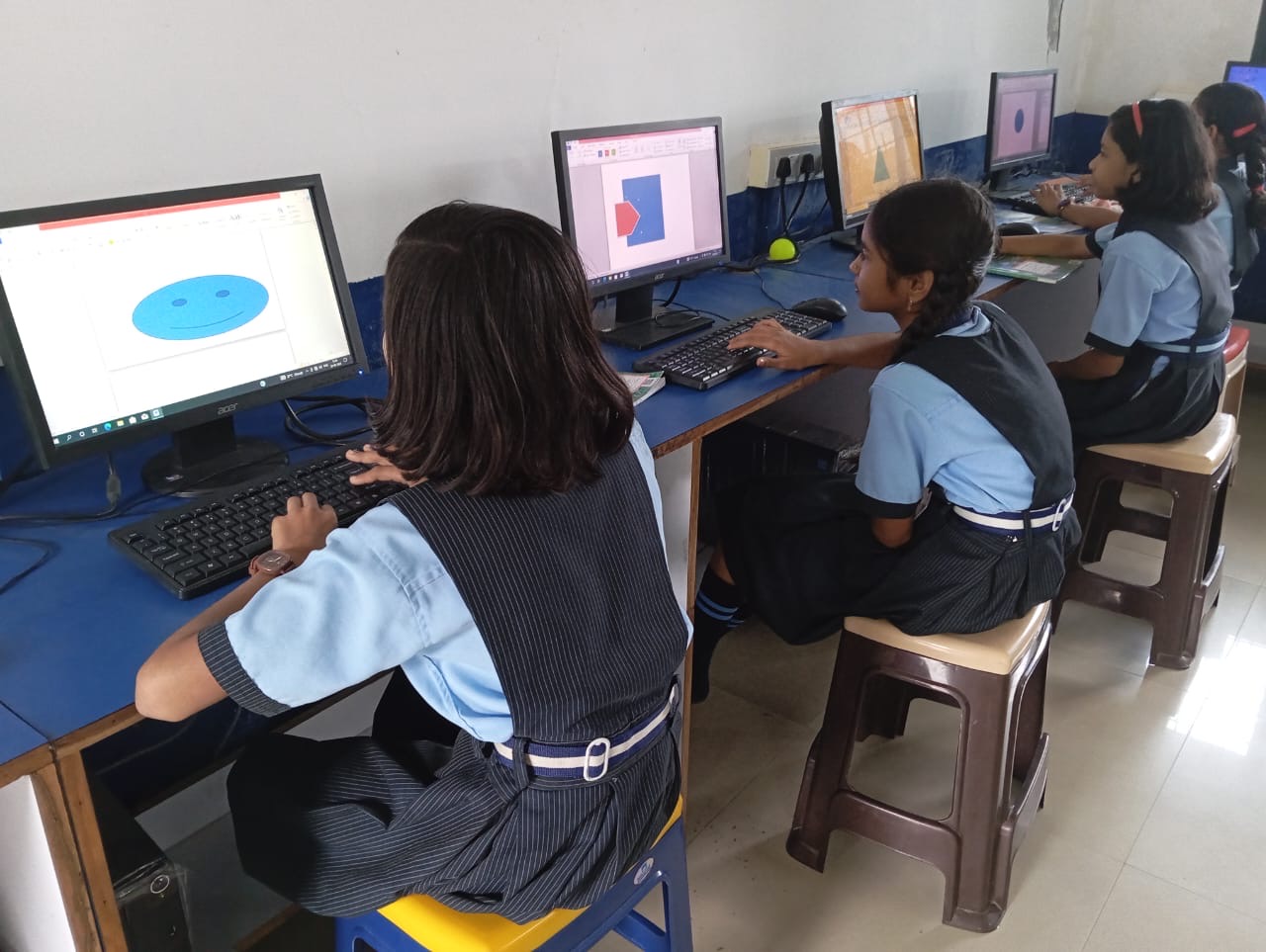

Computer programming and digital and creative technology skills are vitally important in today’s digital age. We have set up a computer lab and creative learning center so that the children we support can learn these skills and others, including music recording and production, photo and video editing, gaming and programming. These skills are rarely taught before college in under-served communities. By providing children with computing and tech-based creative skills education, we will help empower their path out of poverty.
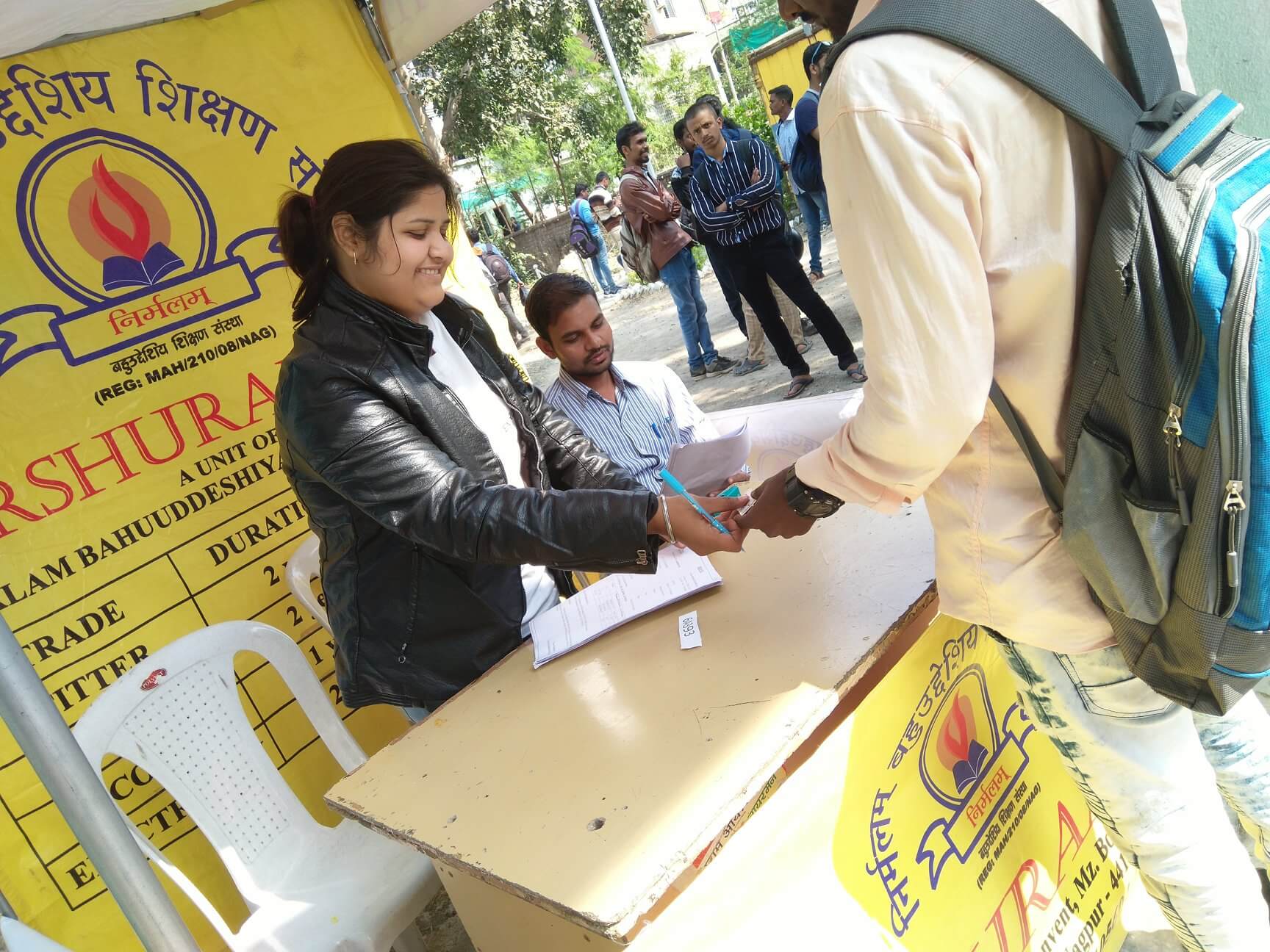

Nutritious and regular meals are vital for the physical and mental health of all children. Those that do not receive good quality meals suffer from concentration challenges, have a higher propensity for mental health issues and are more likely to fail to meet their potential.
Children in developed countries are generally provided with school meals. Unfortunately, this is not the case for many of the under-served children in poorer societies because schools cannot afford to provide meals. As a result, the kids survive on whatever their parents can afford to provide and as they typically only earn $1-3 per day, and nothing if they don’t work, the children often receive little or no food and resort to junk food to mitigate their hunger. Given these challenges, we have introduced a consistent and nutritious meal plan for the children we support.
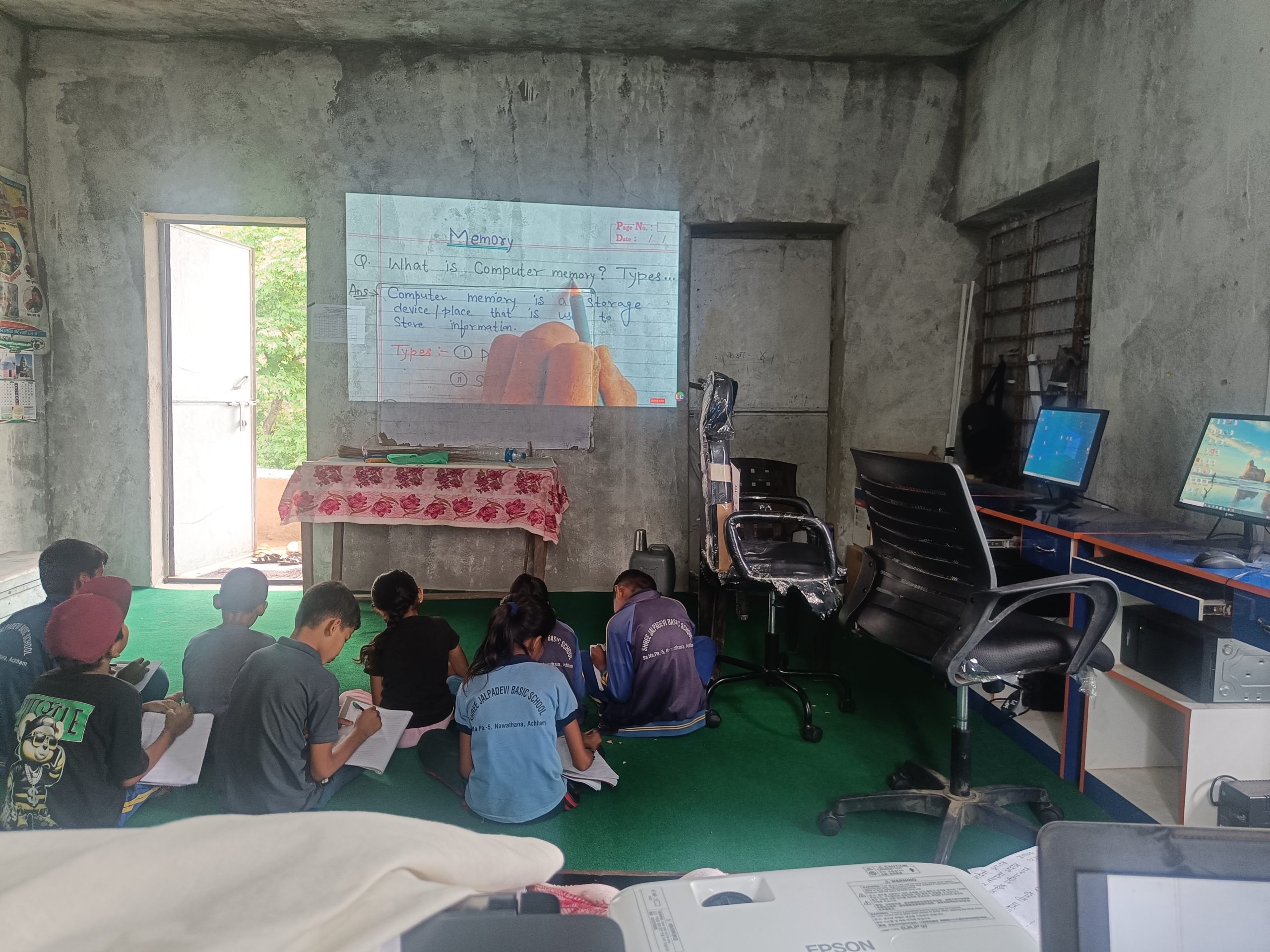

Internet connectivity is a vital part of everyday life and education in the 21st century. We therefore provide an internet connection for for rural schools.
Without internet, all teaching is rudimentary and is delivered using out-of-date books, writing boards and paper. An internet connection allows teachers to upgrade the quality and variety of the education they can provide through the delivery of online courses. It also introduces the children to the wider world, via internet-based programs, and exposes them to technology for the first time. This simple proposal to supply an internet connection has the power to completely transform the quality and variety of the education that these young children will receive.
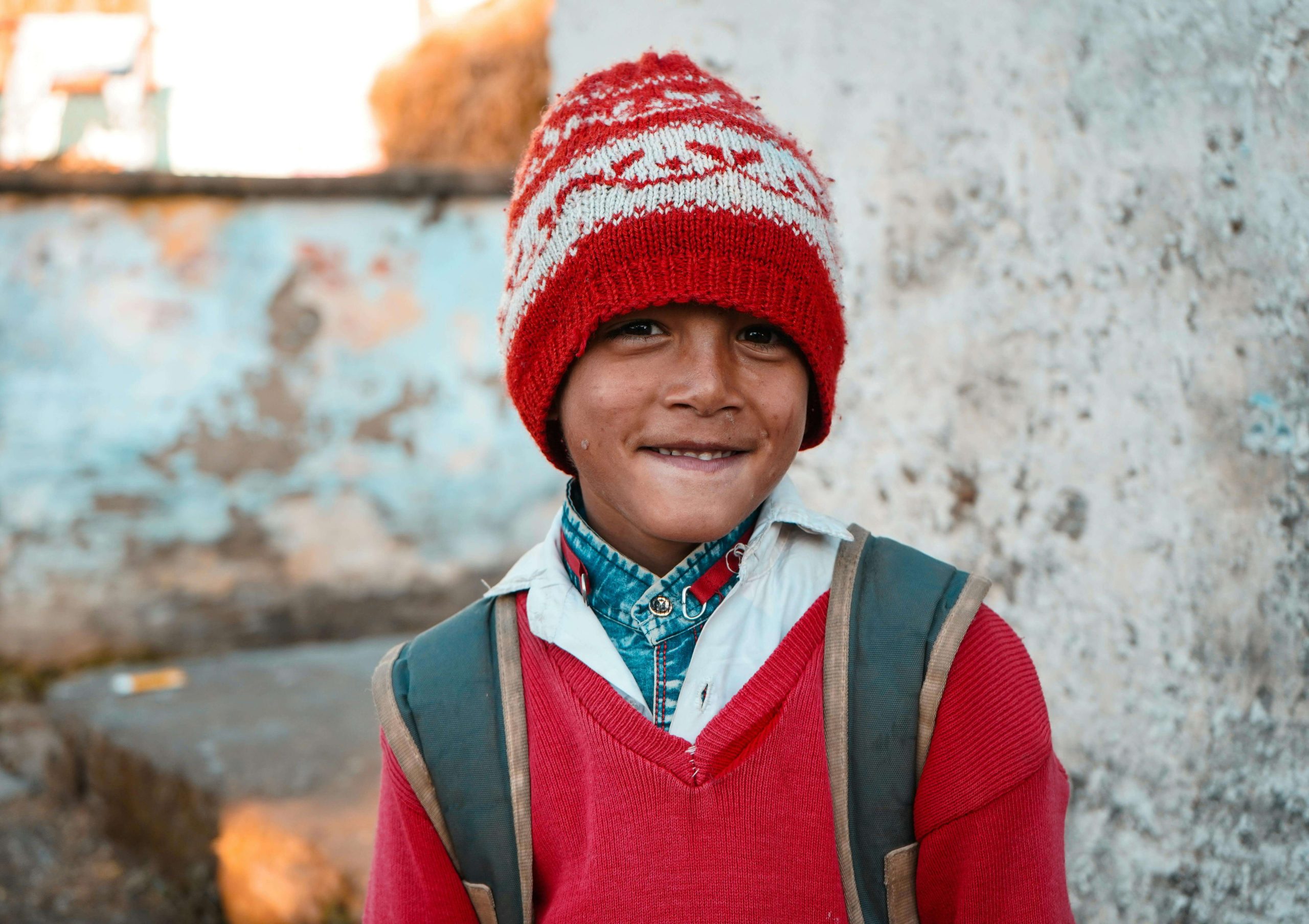

Education is critical to help visually challenged children lead better lives and improve career prospects. Contrary to popular belief, when visually challenged are provided with good education opportunities, lead successful lives as teachers, administrators, accountants, and computer programmers.
A) Provide individual children with laptops to empower learning
Laptops have become essential for visually impaired students to continue their learning after school. As braille books are not always available, older children rely on laptops to access audio material and to record and take notes, which is crucial for exam preparation. Creating notes in braille is not practical or efficient, and sharing them is difficult. Laptops, in comparison, provide a more accessible and sustainable tool to empower the education of visually impaired students.
B) Set up computer labs to help visually impaired kids between grades 1 and 10
The computer lab empowers children in grades 1-10 with the essential computer literacy skills required to help them advance academically, prepare them for future educational and professional pursuits and provide them with digital literacy skills and exposure necessary to overcome the many barriers they face, so they can succeed in the digital age.
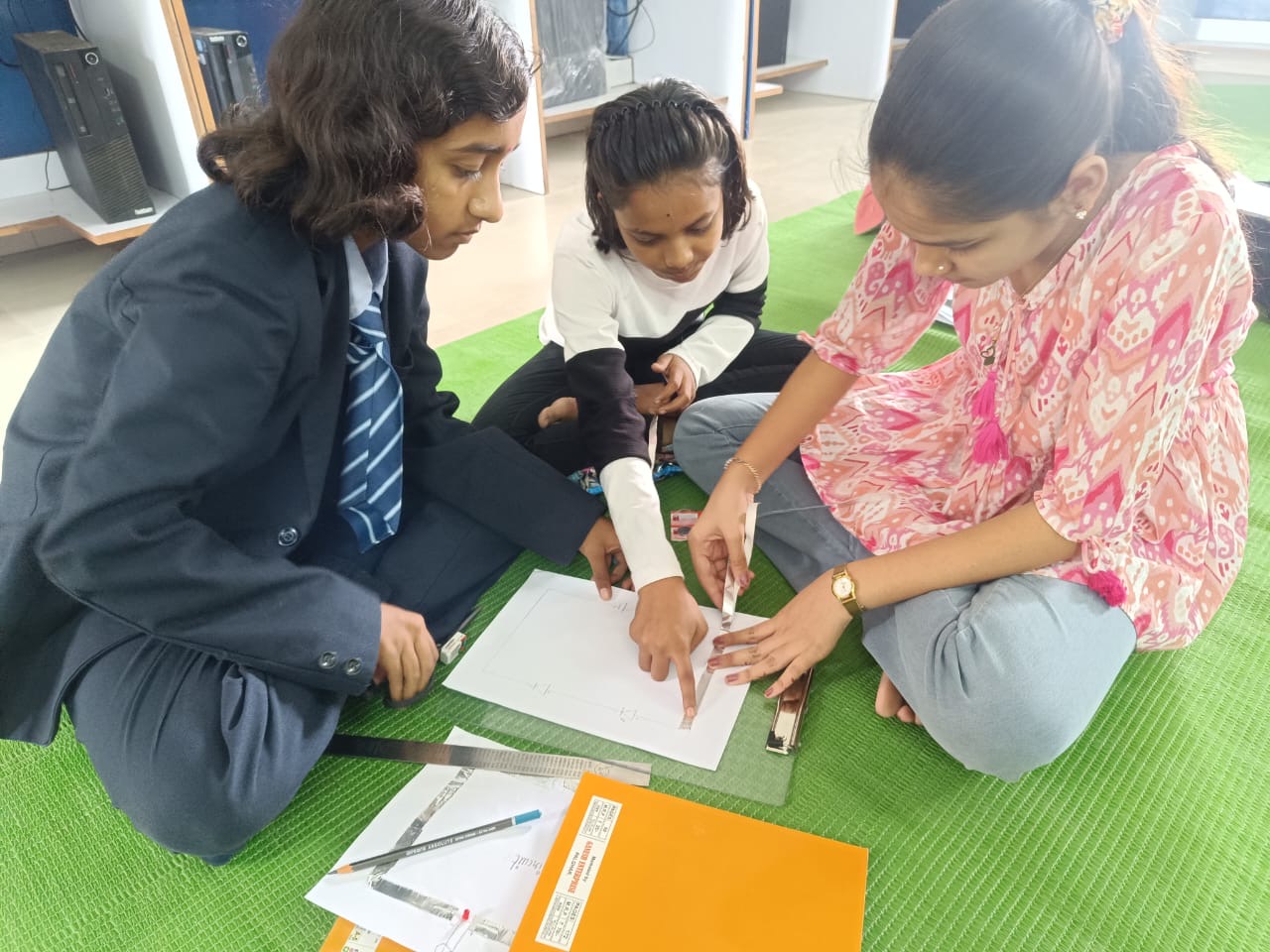

A reliable power supply is a given in the West. However, the schools that we support have no power for 50% of the typical school day. By providing solar panels, we can substantially mitigate the power shortfall and provide the school with a more reliable power supply required to provide lighting and fans as well as run computers and multimedia. Hundreds of children attend these schools and the impact of this project is significant.
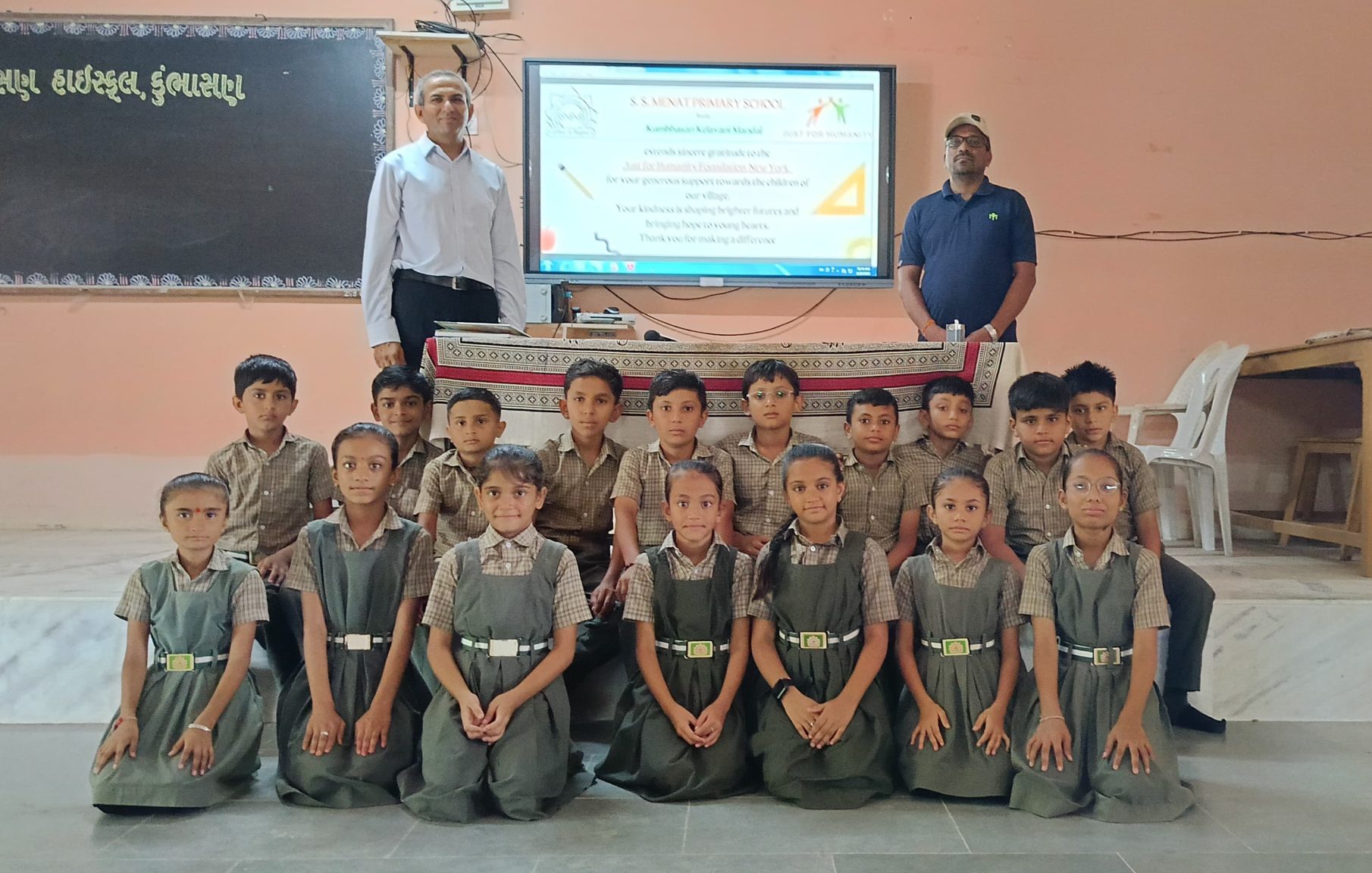

The provision of multimedia capabilities enhances education and provides children that live in remote rural communities with a vitally important window on the world beyond their local communities and will provide a more dynamic and effective learning environment. More than 600 children attend these schools and they will all benefit from upgrading conventional classrooms with multimedia facilities. The use of audio-visual materials such as videos, animations and interactive presentations will:


Impoverished and marginalized children often struggle at school, understandably so given their backgrounds, family circumstances and limited exposure education opportunities. Study centers have been established to provide remedial and supplementary education to these children. Currently, there are 60 study centers located in rural and urban slums helping children overcome challenges in their school course work and complete their homework. The study centers are open in the evenings between 6-8pm and have provided education help to about 1450 children so far.
The project objective is to provide all the study centers with essential infrastructure so that they can better fulfill their education mission. The infrastructure required includes chairs, tables, chalk boards, water filters, solar lights, library facilities and mattresses. These facilities will help to create a more stimulating and engaging learning environment for the children, promote their social and emotional development and enhance retention by providing a comfortable and welcoming environment.
We collaborate closely with carefully selected, high impact, high quality grassroots partners to deliver our mission.
For each partner, we:
to ensure that they have a proven track record of success and the potential to scale their impact and that they meet our standards of governance, transparency and results.
In the form of tuition scholarship funds or funds to upgrade the quality of the education facilities they provide.
Including strategic planning, fundraising advice, technology assistance and other resources that can help them grow, achieve long term success and benefit the wider community.



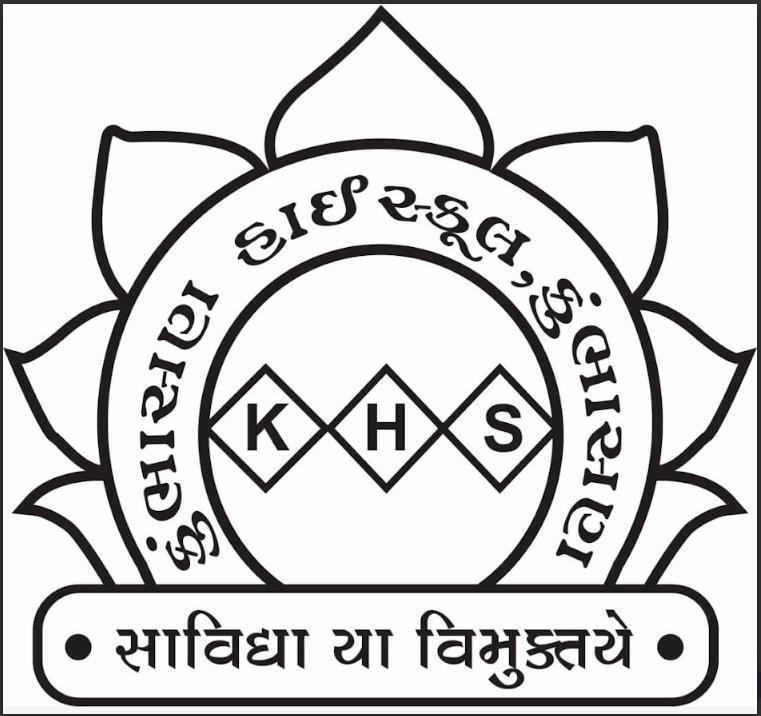

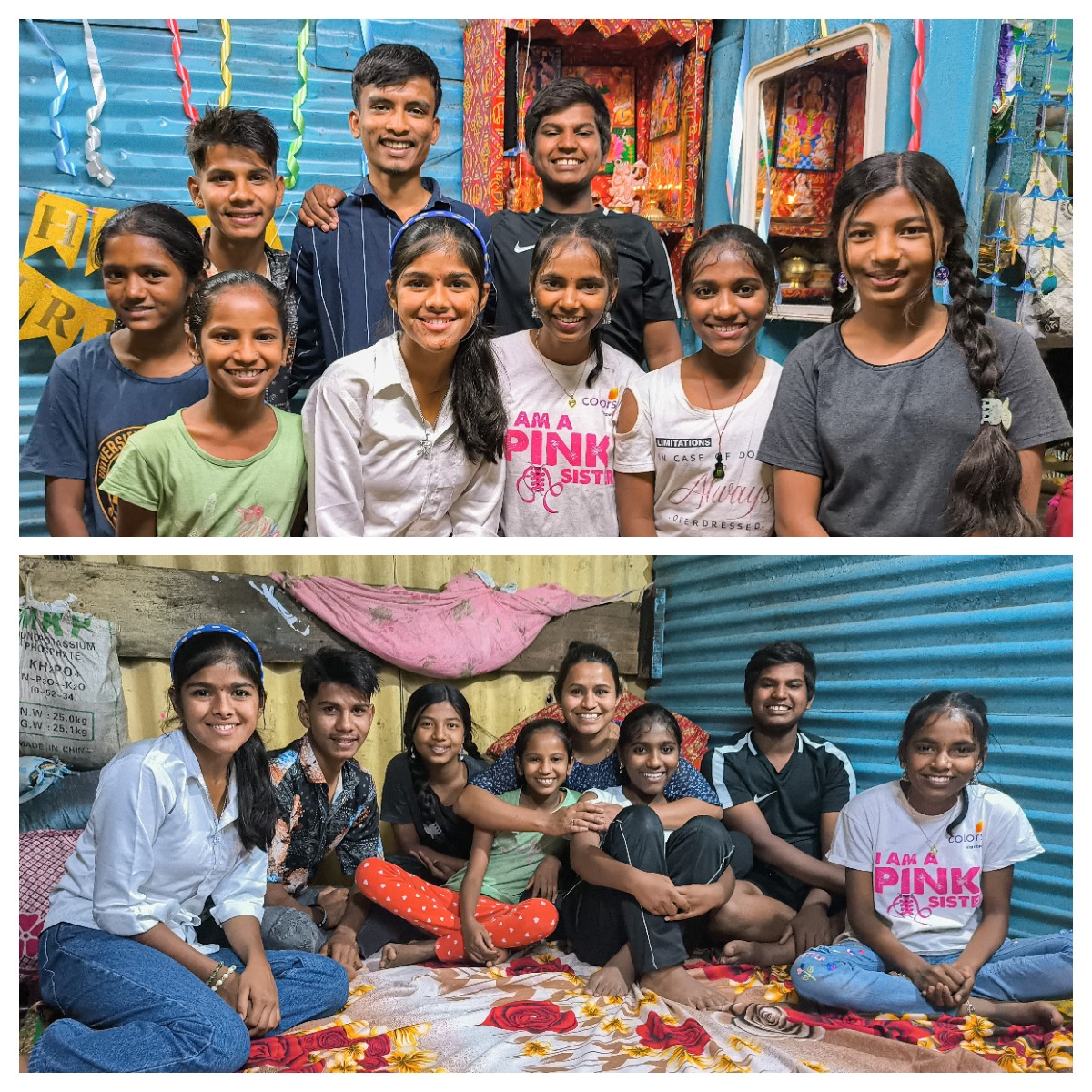

With your generous support we can help more children realize their dreams. Any gift you make will provide life changing opportunities for these vulnerable and homeless children.